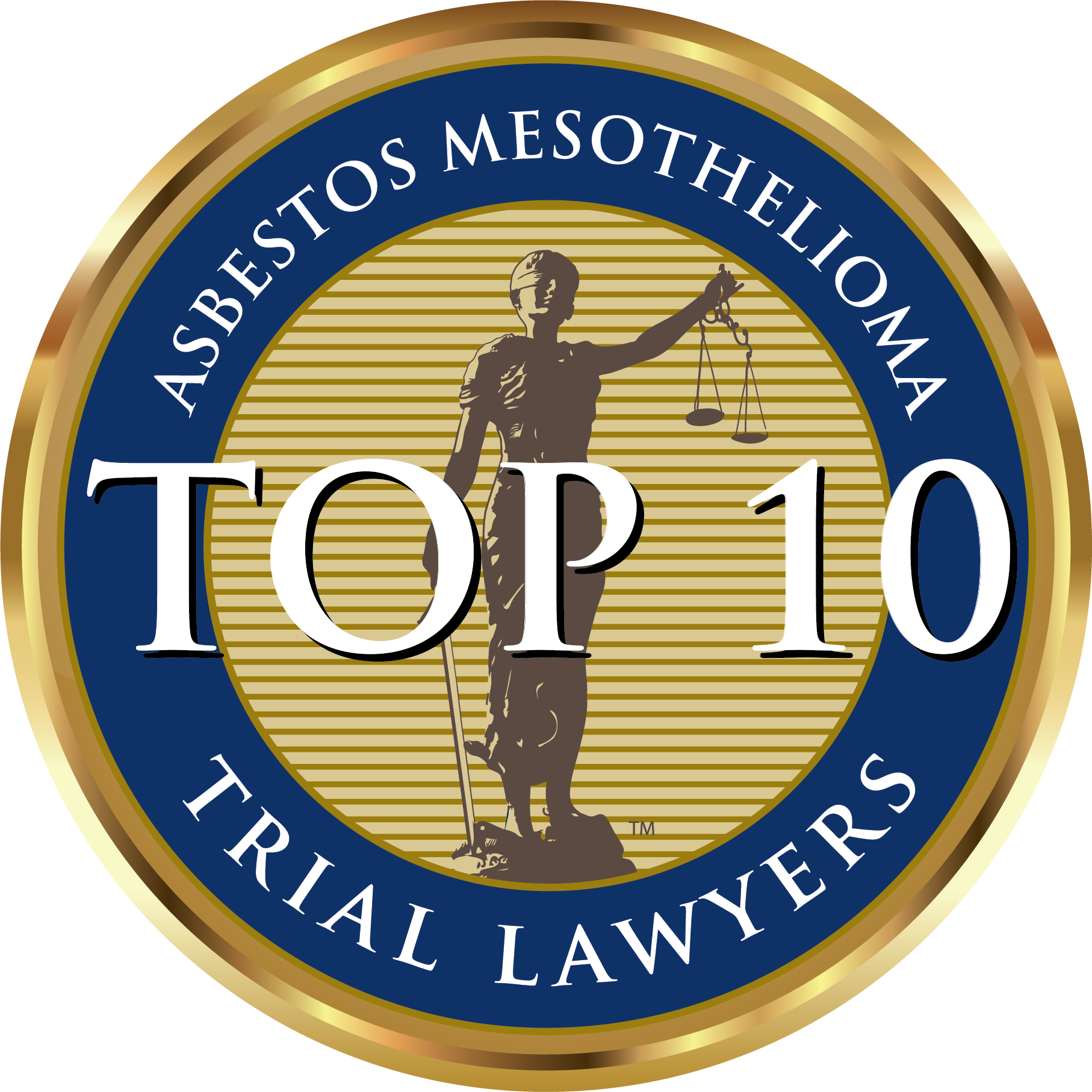
Mesothelioma is an aggressive form of cancer that, according to the latest statistics compiled by the Centers for Disease Control and Prevention (CDC), claimed the lives of 8 million Americans between 1999 and 2015. Another report published by the CDC in 2022 chronicled how the malignant mesothelioma fatalities among women, in particular, have steadily increased over the past two decades. It was 489 per 1 million females in 1999, and, as of 2020, it has increased to 614 per 1 million women.
One of the reasons why mesothelioma is so deadly is because of this cancer’s delayed onset. Another has to do with how this form of cancer doesn’t respond to treatments similarly to the way other cancers do. Read on where we’ll delve into these concerns in more depth.
Why Does Mesothelioma Claim So Many Lives?
There are multiple kinds of mesothelioma that can affect patients, including kinds that affect the lung, heart, abdomen, and testicles. However, pleural mesothelioma, which affects the outer lining of the lungs, known as the pleura, is the most common. According to a study published by the National Institutes of Health (NIH) in 2017, this type of mesothelioma accounts for between 80 to 85% of all cases. Thus, that’s what we will focus on in discussing why mesothelioma is so deadly. Some of those reasons are:
Mesothelioma’s Incubation Period and Its Respective Stage
It can take between 10 to as many as 50 years before patients experience an onset of pleural mesothelioma. By the time there are apparent symptoms, this cancer may have spread far beyond a manageable state.
Another study published by the NIH describes how 50% or more of patients are diagnosed with mesothelioma when it’s already at stage 3 or 4. By then, tumors have grown so much that surrounding tissues, including lymph nodes, are affected, making surgery less of an option for them. In contrast, even at stage 2, resection of the tumorous lesions is still possible.
A Definitive Cure for Mesothelioma Is Lacking
Mesothelioma is like other cancers in that there’s no definitive cure for it. Some of the complications researchers have encountered in finding a cure for cancer like this is that a variety of factors can shape how quickly this condition spreads and responds to treatment. Some of those factors include:
- Genetics
- Lifestyle
- A patient’s surroundings (their environment)
- Complexities associated with identifying the root cause of cellular damage and respective mutations of cells
Researchers at this point are working hard to find better testing methods to identify the underlying cause of the spread of specific patients’ conditions so that they can devise treatment options to slow the life-shortening reproduction of those cells.
Treatment Options Available to Mesothelioma Patients To Extend Their Lives
Some of the following treatment options have proven to alleviate pain and thus the quality of life of mesothelioma patients in addition to extending their lives:
Undergoing an Operation To Remove the Mesothelioma Lesion
Surgery to remove the mesothelioma growth, including a partial or complete pleurectomy, often slows the spread of cancer. However, even a surgical procedure as aggressive as removing the comprised lung (pneumonectomy) doesn’t completely eliminate a patient’s ultimate death from the condition. Undergoing a surgery like this:
- Significantly reduces the symptoms mesothelioma patients experience
- Slows the progression of the disease
- Can extend patients’ lives for up to several years
Surgery aside, the following treatment options may assist in many different ways:
- Chemotherapy: The drugs comprising this therapeutic option can kill aggressively growing cancer cells.
- Radiation: The application of forceful X-rays directly onto cancer cells can cause their destruction. Radiation is often used after performing a surgery to remove cancerous lesions to ensure they’re fully eliminated.
- Immunotherapy: One of the challenges mesothelioma patients face is the deterioration of their immune system. Immunotherapy is an approach that focuses on boosting a mesothelioma patient’s immunity to better fight off attacks by cancerous cells.
Nuanced treatment options for mesothelioma still in the clinical trial stage center around combining drugs, such as immunotherapy and chemotherapy. Also, photodynamic and gene therapy are both the focus of many of these promising studies.
How the Type of Mesothelioma You’re Diagnosed With Affects Your Prognosis
There are three primary types of pleural mesothelioma, some of which cause the multiplication of abnormal, cancerous cells at faster rates. Those three types of pleural mesothelioma include:
- Sarcomatoid mesothelioma: This type accounts for 10% of all diagnoses and is considered the rarest type of mesothelioma. It involves the rapid growth of sarcomatoid cells.
- Epithelioid mesothelioma: As many as 80% of all mesothelioma patients are believed to have this cancer variety. Doctors have the most familiarity with how to treat this malignant mesothelioma since they’re used to treating it. The overgrowth of epithelioid cells tends to respond well to aggressive treatments.
- Biphasic mesothelioma: Another rare form of mesothelioma, only between 10 and 15% of patients are diagnosed with it. This malignant mesothelioma is challenging to treat because patients have a combination of overgrowths of both sarcomatoid and epithelioid cells.
Patients may have a better chance of responding well to existing treatment options like the following, depending on the mesothelioma they have:
- Surgery, including a partial or complete pleurectomy or pneumonectomy
- Traditional cancer interventions, such as radiation or chemotherapy
- Immunotherapy
There are also regular multiple clinical trials being run to try and find a definitive cure for mesothelioma.
Where a Lawyer Figures Into Your Mesothelioma Fight
An overwhelming majority of mesothelioma patients are veterans or individuals who worked in the construction, industrial, auto mechanic, and manufacturing sectors in the 1960s and 1970s. There’s also a large percentage of mesothelioma patients that are family members of individuals who worked in these professions.
Scientific research had already made it clear just how dangerous it was to work with asbestos fibers back when patients, who are now in their 50s to 70s, were still working with this harmful substance on a daily basis. Even still, their employers continued to have them handle it—often without ever making or instituting any safety measures to prevent their prolonged exposure to the harmful mineral.
Many employers whose businesses folded in the 1970s and beyond after the dangers associated with asbestos became more widely publicized were forced by bankruptcy courts to establish trusts that victims could tap into upon the onset of their illness. You may be eligible for such compensation to ensure you receive the most aggressive treatment for your condition, including optimal palliative care.
Our Frost Law Firm, PC team has aided countless other mesothelioma patients like yourself to recover compensation that has been instrumental in their life-extending care, and we want to help you do the same. So, reach out to a mesothelioma lawyer in our office to discuss the onset of your mesothelioma during a free initial consultation so that we can share with you the untapped treatment options and streams of financial recovery you may have.























